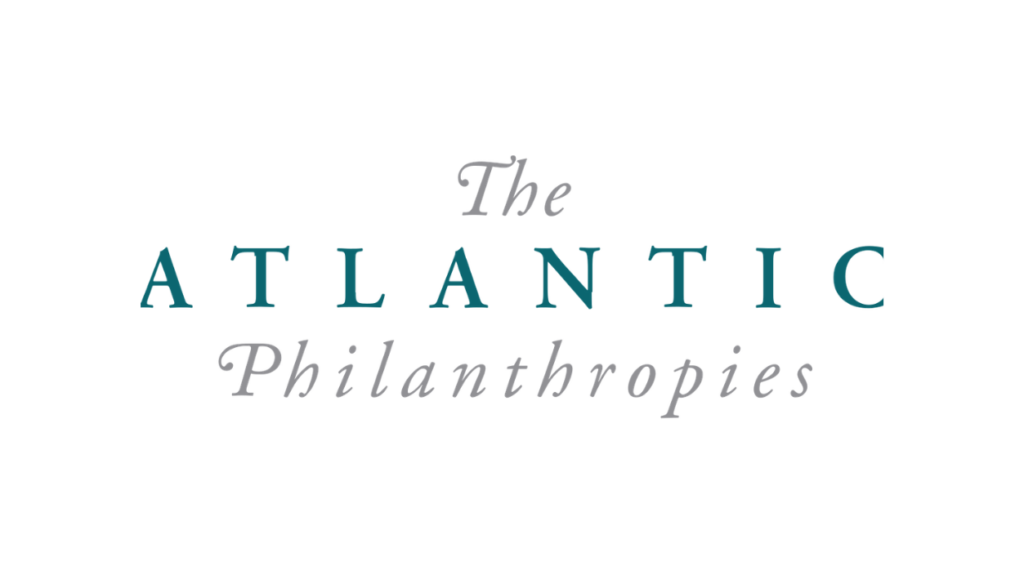Chuck Feeney is a model philanthropist with a demonstrated commitment to “giving while living.” At 89, Feeney has given away almost all of his fortune and closed his foundation.
So Chuck Feeney has done it. Atlantic Philanthropies closed its doors in September 2020, 36 years after Feeney created it, having spent $8 billion before spending itself out of existence. Feeney, at age 89, has outlived the foundation he created. Steven Bertoni provides the details in Forbes.
Feeney, whose wealth came as one of the partners behind Duty Free Stores, quietly created the Atlantic Foundation in 1984. (The foundation merged with two other foundations to form Atlantic Philanthropies in 2001.) Atlantic was headquartered in Bermuda so that it wouldn’t be subject to U.S. tax laws., and as a foreign organization, Atlantic could give money to American organizations anonymously.
There were several reasons why Feeney originally wanted to give anonymously. His philanthropic adviser, Harvey Dale, convinced him that the teachings of the world’s great religions showed that anonymity was the best way to give. Feeney was also worried that if he was publicly known to be very rich, his children would be targets for kidnappers. Anonymity enabled Atlantic to choose its own projects rather than being flooded with grant applications. Finally, Feeney thought anonymity would enable him to conduct site visits and get honest assessments of how his money is used that would not be provided to him if people knew of his great wealth.
Feeney was also admirable for practicing thrift in his personal life, even as he amassed a vast fortune. Bertoni, in a 2012 Forbes profile, noted Feeney “flew millions of miles in coach because first class doesn’t get him to his destination any quicker. He wears a rubber Casio watch because it keeps time like a Rolex.”
Atlantic Philanthropies gets credit for thoroughly documenting its history, with reports by Tony Proscio, Benjamin Soskis, and the team of Heidi Waleson and Steven Bertoni. The foundation donated its archives to Cornell. They should be fully open to researchers once the library reopens after the pandemic.
In 2019, Bertoni wrote a report on Feeney called Zero Is The Hero laying out statistics about Feeney’s giving. We learn that the three organizations receiving the most money from Atlantic were all universities: Cornell University received $965 million, the University of California (San Francisco) $636 million, and Ireland’s University of Limerick $181 million. (Feeney, born in the U.S., is a dual citizen of the U.S. and Ireland and has given quite a lot to Irish universities and cultural institutions.) Another interesting fact: at its peak in 2010, Atlantic Philanthropies employed 124 people and had eight offices.
The news in Zero Is The Hero concerns how Atlantic Philanthropies’ endowment changed once they were fully committed to spending down. They decided after 2015 to shift their endowment to hedge funds, with “low volatility and predictable returns,” as well as buying real estate and some businesses for their portfolio. They agreed with their grantees to transfer the real estate and businesses to their grantees as part of their final round of grantmaking.
It should be noted that Atlantic Philanthropies is a liberal foundation, but Feeney personally preferred institution building and grants that directly helped the poor to more direct political action. This changed in 2007 when Gara LaMarche became president, followed in 2008 by Frederick Schwartz becoming chairman of Atlantic’s board. LaMarche and Schwartz pushed Atlantic into more direct political action, as James Selvey notes in this 2019 piece from the Capital Research Center. Foremost among these political grants was $27 million to Health Care for America Now, which lobbied intensely for the passage and implementation of the Affordable Care Act.
Chuck Feeney, however, strenuously objected to these political grants. As Neil Maghami noted in Foundation Watch (with his source being the second edition of Conor McClery’s authorized biography of Feeney), the catalyst was a statement Atlantic Philanthropies issued in 2010 saying that their interpretation of Feeney’s philosophy of “giving while living” meant “generally, but not necessarily, with the donor’s active participation in the giving program.”
Feeney, as the donor, strenuously objected, and the evidence suggests that 2010 marked a lot of infighting within Atlantic Philanthropies. At the end of the year, everyone decided that Feeney had more power than a trustee but not absolute control. But his views had enough weight that Gara LaMarche left Atlantic Philanthropies in 2011, with Frederick Schwartz leaving a year later after term limits were imposed on the Atlantic board.
I disagree with much of what Atlantic Philanthropies funded, but Chuck Feeney is role model for the philanthropist, and his philosophy of “giving while living” provides the best practices for successful philanthropy.
Steven Bertoni concluded his tribute to Chuck Feeney with endorsements from Warren Buffett, Bill Gates, Laurene Powell Jobs, and other eminent givers. But the one I’ll quote is from John Arnold. I don’t like most of what Arnold spends his money on, but I appreciate that he is a hands-on donor.
Arnold is correct when he says, “there’s great power in giving while living. The longer the distance between the person who funded the philanthropy and the work, the greater the risk of it becoming bureaucratic and institutional—that’s the death knell for philanthropy.”







Not to minimize what Mr Feeney has accomplished through his hard work, financial stewardship and wonderful generosity; however now that he has met his goal he might consider this. His new mission might be writing daily missives to help all of us recognize how to live within our means and that unending materialism doesn’t guarantee happiness. Bless you Mr. Feeney
I would like to give a hat tip to Nonprofit Quarterly for alerting me to this story.